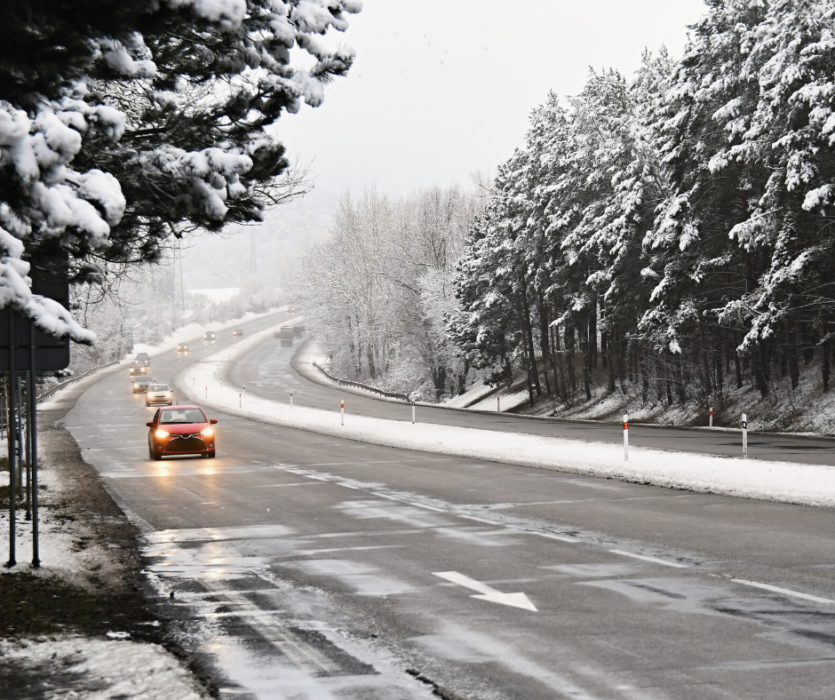
No one knows where all the money will go, but with 73 public transit operations in Michigan servicing 89 million riders a year, the Michigan Public Transit Association’s (MTA) CEO tells MIRS that local bus officials will find ways to spend the influx of new transportation dollars. Michigan is set to received $563 million for bridges, $7.3 billion for roads and $1 billion for public transportation under the $1.2 trillion infrastructure package that Congress approved last weekend and is expected to receive the President’s signature soon.
With final passage in Congress Nov. 5 Clark Harder explained, “To be honest, we have not dug in yet on where the money will go (but he expects) a good chunk will be earmarked for the electrification of the local bus fleet” based on the direction the feds want to go.
Proclaiming that you want to modernize and replace the current and aging fleet, Harder reported that at this read “there is already a backlog of about 200 buses that are not available” and that predates this latest federal windfall.
In addition to a backlog of vehicles, local transit authorities are hurting for someone to drive them.
“It’s a guesstimate, but we are down about 100-200 drivers statewide and we are not able to compete with the fast food outlets that are paying more than the authorities can offer their drivers,” he explained.
That’s why he’s on a mission to determine if some of the federal monies can be used for operations. Traditionally, he indicated, the feds have not signed off on that, leaving it instead to local and state governments to furnish those dollars through whatever means there are.
He is not sure about this latest package and he thinks it may take two to four weeks before federal agencies flesh out the guidelines on where the money can be allocated. He has fingers crossed that local costs are covered.
Assuming at some point that local bus operations get new electrical vehicles, Harder is concerned that rural portions of the state may get fewer dollars because there are not enough charging stations Up North compared to downstate in urban areas. He reported the MTA will advocate for outstate authorities to make sure they get their fair share.
One hopeful sign is that the omnibus infrastructure package does include $110 million for Michigan to beef up the number of plug-in electric outlets statewide. The state is getting at least $100 million to help extend broadband Internet coverage